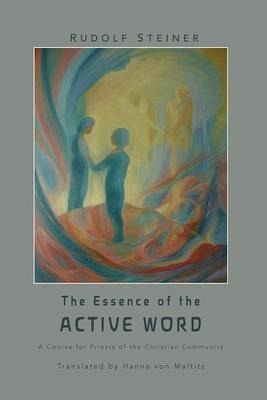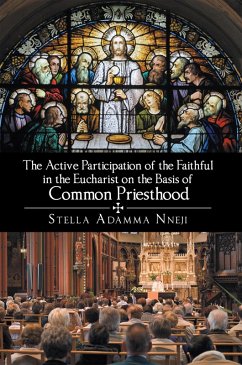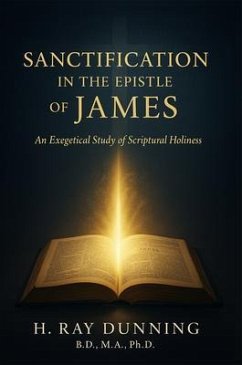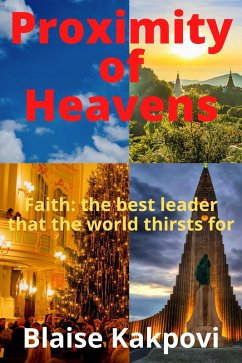
The Essence of the Active Word (eBook, ePUB)
Lectures and Courses on Christian-religious Work IV
Redaktion: Stewart, James D / Übersetzer: Maltitz, Hanna von
Versandkostenfrei!
Sofort per Download lieferbar
3,99 €
inkl. MwSt.
Weitere Ausgaben:

PAYBACK Punkte
2 °P sammeln!
A course of 4 lectures for Priests of the Christian Community, with questions and answers. Held in Stuttgart, Germany on July 11-14, 1923, these lectures and documentary additions, encompass Part IV of Steiner's works entitled, Lectures and Courses on Christian-religious Work. Also included are several of Rudolf Steiner's original manuscripts in his own handwriting, a speech given by Steiner at the cremation of Hermann Linde, and a special note from GA# 342. This lecture series is the entirety of GA# 345. Translated by Hanna von Maltitz and edited by James D. Stewart.
Dieser Download kann aus rechtlichen Gründen nur mit Rechnungsadresse in A, D ausgeliefert werden.














